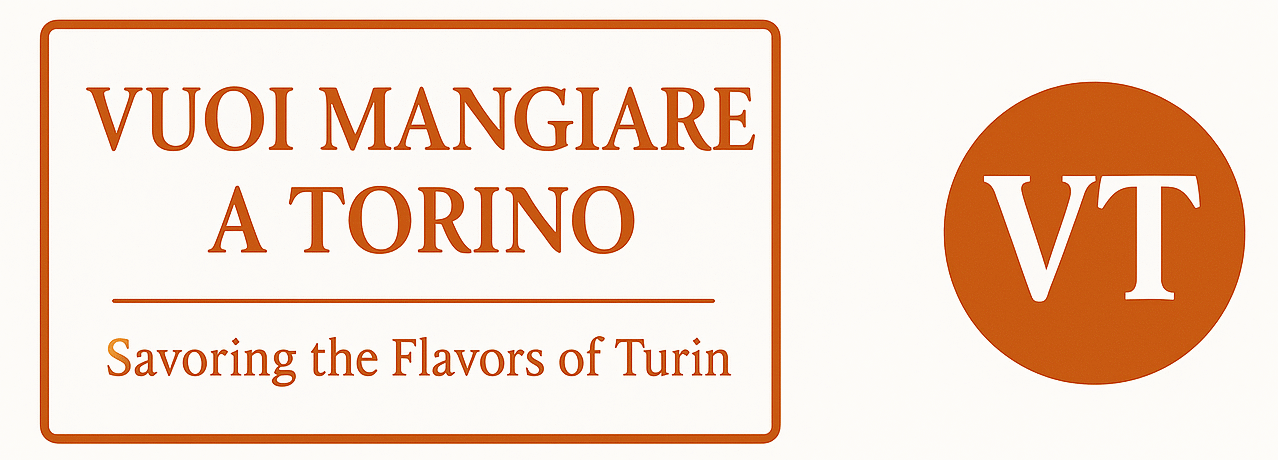Why Pausing Is More Productive Than Pushing
In a world obsessed with constant productivity, the idea of doing nothing sounds almost irresponsible.
Yet neuroscientists agree: your brain performs some of its most important work when you stop working.
This state—often called mental idle time—helps your mind process memories, strengthen connections, and spark creativity.
Ironically, your brain becomes more productive when you give it permission to slow down.
📌 What Actually Happens When You “Do Nothing”
Recent research shows that moments of intentional rest trigger the brain’s Default Mode Network, a system active when:
-
you let your mind wander
-
you take a quiet walk
-
you look out the window
-
you meditate or daydream
These activities improve problem-solving, emotional regulation, and even long-term motivation.
🌿 The Rise of “Purposeful Rest”
People today are rediscovering micro-moments of calm. From 5-minute breathing breaks to technology-free evenings, purposeful rest is becoming a wellness trend.
Here are simple ways to integrate it into your routine:
-
Take a 10-minute walk without your phone
-
Sit in silence after lunch
-
Reduce sensory input for short windows
-
Practice mindful breathing before starting work
What feels like slacking off is actually high-performance maintenance.
😌 How Doing Nothing Reduces Stress
When the brain is constantly stimulated, it enters a state of cognitive overload.
Short, intentional pauses:
-
lower cortisol
-
improve focus
-
help reset emotional balance
-
make you more resilient under pressure
This shift is one reason why many professionals are embracing the idea of slow productivity.



